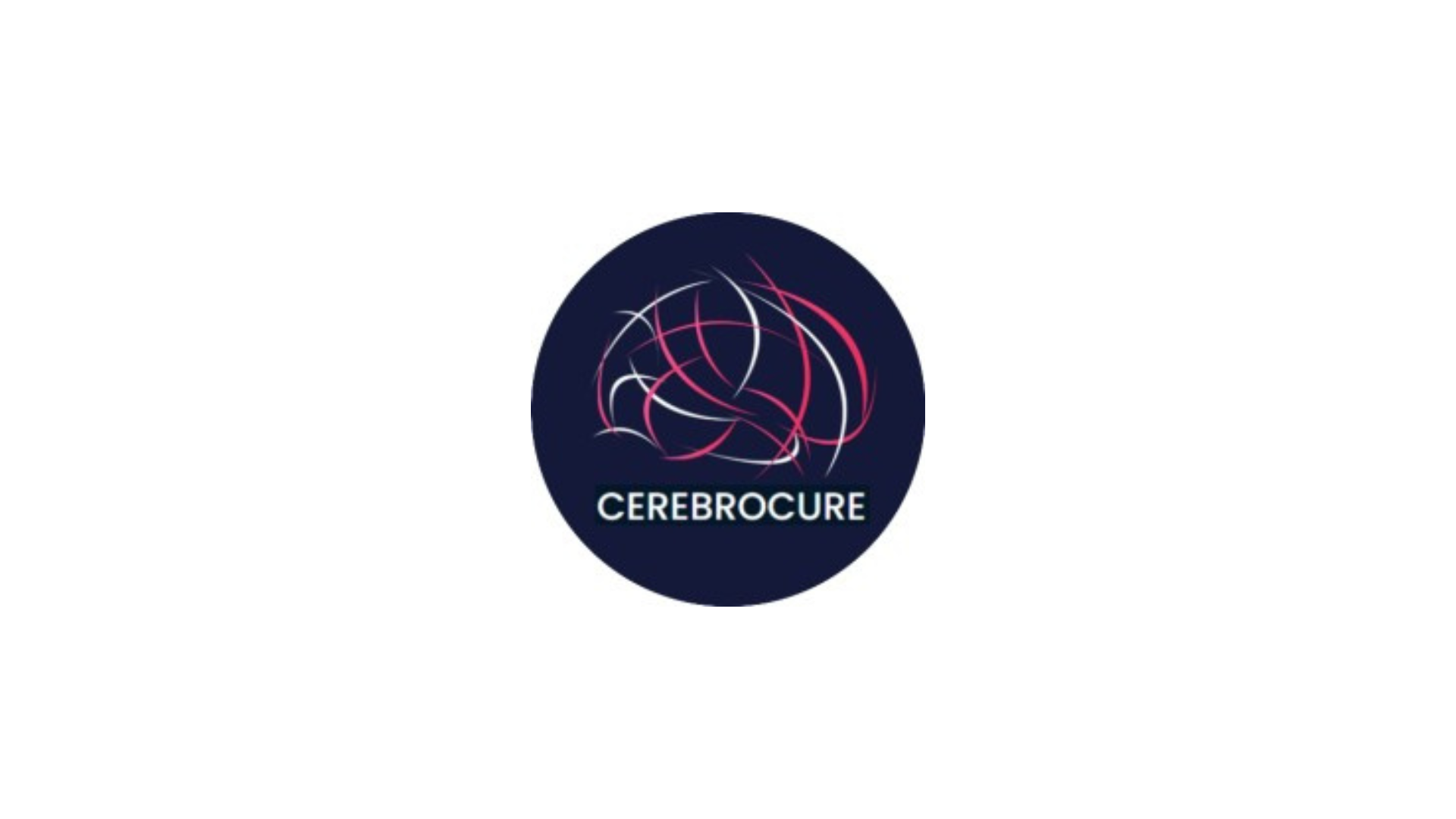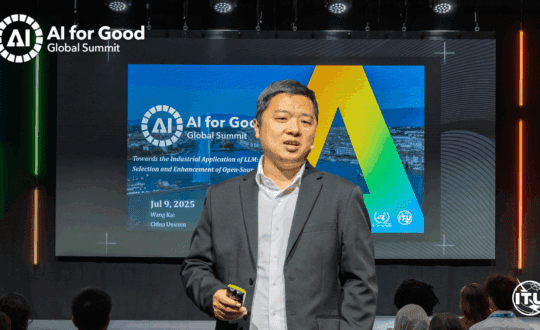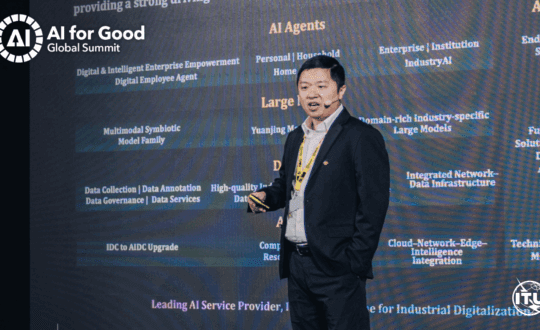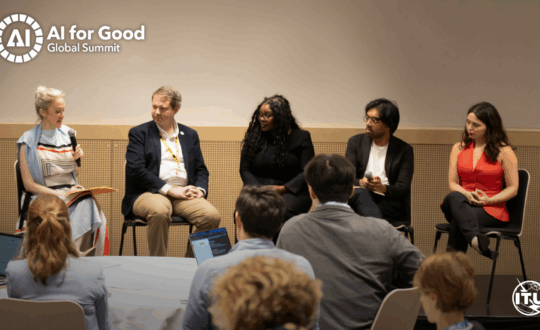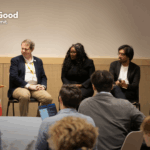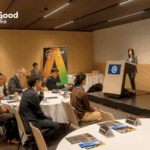Each year, the Innovation Factory Pitching Competition at the 2025 AI for Good Global Summit brings together startups from around the world that aren’t just innovating, but actively transforming lives through AI. In 2025, a special edition of the competition has put the spotlight on women entrepreneurs from the Global South, whose AI driven ventures are tackling urgent local challenges with bold, thoughtful solutions. Backed by the International Telecommunication Union, the Innovation Factory offers mentorship, exposure, and a stage where visionary founders can connect with global investors and experts. But beyond the competition, it presents a platform where tech and purpose combine, and where women are leading the way.
One of this year’s standout finalists is Cerebrocure Technologies, a health-tech startup based in Pakistan that is reimagining stroke care in regions with limited resources. Led by Saira Osama, founder and CEO, Cerebrocure is innovating with AI in a way that centers equity, urgency, and human dignity.
In stroke care, every second counts and “Time is brain” as the saying goes, because when a stroke hits, two million brain cells die every minute treatment is delayed. In Pakistan, one in four people is expected to suffer a stroke in their lifetime, contributing to half a million new cases annually. Yet, with only one neuro-interventional expert per million people, fast, accurate treatment is often out of reach. That’s where Cerebrocure Technologies comes in. Saira Osama and her team are developing a cloud-based AI tool that helps neurologists in stroke units make rapid, informed treatment decisions, cutting through the delays that too often lead to death or lifelong disability.
Their innovation comes from a system that uses multimodal deep learning and computer vision to analyze complex patient data within seconds. It works without any on-site installation, runs entirely through the cloud, and is specifically built for low- and middle-income countries (LMICs) where stroke care is most constrained.
“Cerebrocure Technologies is on a mission to equip neurologists in stroke units with AI technology to make rapid and informed treatment decisions for better patient outcomes in stroke” says Osama.
The goal isn’t just faster treatment, it’s better outcomes. With current tools, even treated stroke patients face a 50% chance of poor recovery, and 25% will suffer another stroke within a year. By predicting patient outcomes before treatment, Cerebrocure offers a way to tailor care and reduce those devastating odds.
Cerebrocure’s approach also addresses a major equity gap in global healthcare: the lack of localized, context-aware AI tools. Many existing AI models are trained on Western data, which can lead to bias and misdiagnosis when used in LMICs. That’s why Cerebrocure is building its models with data from within Pakistan, working with medical institutions to collect diverse, annotated datasets through a secure, anonymized app.
Still, the journey isn’t easy: access to labeled clinical data remains a challenge, and regulatory landscapes across LMICs are still evolving. But Cerebrocure doesn’t see these hurdles as limitations but rather as part of the process to build trust in AI, and to ensure that healthcare technologies reflect the realities of the communities they aim to serve. For Osama overcoming the data barrier is not just a technical necessity, it is central to their mission of democratizing AI for healthcare.
Cerebrocure remains committed to building a future where no stroke patient is left behind because of geography, infrastructure, or inequality. This comes with massive potential ripple effects: higher survival rates, lower disability, economic savings for families, and stronger, more inclusive health systems across the Global South.
“Joining the Innovation Factory means becoming part of a global movement,” says Osama. “It’s not just about pitching our product, it’s about validating our vision, gaining critical support, and accelerating the impact we can have.”
As the Innovation Factory amplifies women entrepreneurs solving real world problems with AI, Cerebrocure Technologies stands out as a great example that a company can help shape the future of healthcare with clarity, compassion, and purpose.
To see this pitch in action, don’t miss the 2025 AI for Good Global Summit, live from Palexpo in Geneva, 8–11 July 2025. Whether in person or online, join voices from around the world combining AI, innovation, and social impact; and witness how women entrepreneurs like Saira Osama are shaping a more just and connected world.
Click here to find out more about the Summit!


